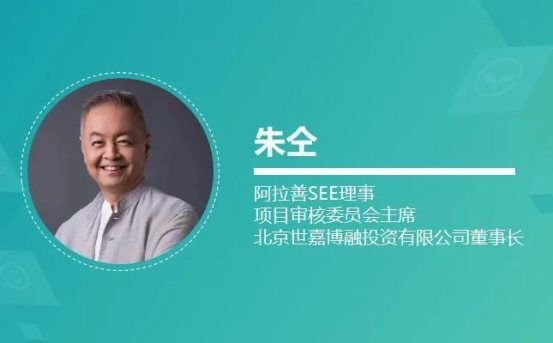Business leaders speak up for nature on World Environment Day in China
Business for Nature launches the "Nature is Everyone’s Business: Leading Voices for Nature" video where nine business leaders in China call for policies now to reverse nature loss by 2030.
This article was originally published in Chinese via Xinhua News Agency and People’s Daily
On June 5, World Environment Day, Business for Nature’s China partner and Coordination Group member SEE (Society of Entrepreneurs and Ecology) Conservation and SEE Foundation held the 9th Chinese Enterprise Green Compact Forum. Focused on climate change and corporate sustainability actions, the Forum aimed to contribute to defining the future of green business in China.
The event brought together industry leaders, government representatives, academic experts and entrepreneurs to discuss key topics including global sustainable development trends, carbon neutral governance, improving the role of blue carbon, integrating nature-based solutions, and accelerating business action to address climate change.
Business for Nature (BfN) and the World Business Council for Sustainable Development (WBCSD), as global partners of the Forum, co-hosted a roundtable discussion on "Nature and Climate Action". Representatives of international and domestic companies from various sectors including energy, fast-moving consumer goods (FMCG), finance, construction, automobile manufacturing, and conservation discussed how to integrate nature-based solutions into companies’ climate action.
Tong Zhu, Council member of SEE Conservation and Chairman of S.J.B.R. Investment and Clea Kaske-Kuck, Director, Policy, Advocacy and Member Mobilization (PAMM), World Business Council for Sustainable Development (WBCSD), gave opening remarks for the discussion.
Tong Zhu, Council member of SEE Conservation and Chairman of S.J.B.R. Investment said:
“Businesses are the main force to address climate change and nature loss. The positive green transition to carbon neutrality and the inclusion of nature-related risk assessment and disclosure provide huge opportunities.”
Clea Kaske-Kuck, Director, Policy, Advocacy and Member Mobilization (PAMM), World Business Council for Sustainable Development (WBCSD) said:
"We call on businesses to accelerate their energy transition, including adopting decarbonized travel and using electric vehicles. We also call to increase the price of carbon emissions, establish regulated carbon markets, and mainstream climate transparency and green finance markets. Biodiversity loss and climate change are among the major risks facing businesses. At the same time, business has a huge role to play in mitigating climate change and stopping and reversing the loss of nature.”
Weidong Zhou, Director, WBCSD China & Chief China Advisor, Business for Nature, who moderated the roundtable discussion, said:
“The twin crises of nature loss and climate change are inextricably linked. Climate change, along with land use, resource extraction, pollution and invasive species, are the five key drivers of biodiversity loss. Climate change will accelerate further if humans fail to effectively protect, manage and restore nature. Therefore, we must address these two crises in concert.”
At the Roundtable, Business for Nature released the video "Nature is Everyone’s Business: Leading Voices for Nature", where nine business leaders from China joined together to speak up for nature and call for governments to adopt policies now to reverse nature loss by 2030.
Six companies from different industry sectors shared their commitment and innovative approaches to tackle the twin crisis of climate change and nature loss.
Xiaohua Qu, Chairman, Canadian Solar said:
“Canadian Solar provides solutions for the manufacture and development of renewable energy products in photovoltaic power generation and energy storage. We aim to achieve 100% renewable energy in office and production by 2029.”
Meihong Yang, Vice President of Communications and Corporate Social Responsibility, Ford Motor (China) said:
“Ford is committed to taking the lead in investing in and sourcing green steel and aluminum to drive positive environmental impact throughout our supply chain. We are also committed to achieving carbon neutrality by 2050, ten years ahead of our national carbon neutrality timeline. The Ford Environmental Prize has supported 488 outstanding environmental organizations to date. This year, we are also creating a new award for action on climate change, and we hope to empower more people and more outstanding private environmental organizations through these awards.”
Fen Tang, CEO and President, Changsha Broad Homes, said:
“Since last year, Changsha Broad Homes has been making a series of iterations and upgrades to provide smarter building products. “Through digital and intelligent control, our buildings are not only more environmentally friendly in the whole process of production, construction, realization and operation, but also enable more efficient use of resources and more reduction of waste in the society due to the buildings’ mobility and multi-purpose switchable qualities.”
Ying Wang, Director of Corporate Sustainability, HSBC (China) said:
“In 2020, the HSBC Group released our climate strategy, which commits to achieving net zero emissions in our own operations and supply chain by 2030, as well as net zero carbon emissions in our portfolio of invested assets by 2050. In addition, HSBC is committed to providing $750 billion to $1 trillion in investment and financing over the next ten years to support our customers' transition to low and zero carbon. Another of our effort is to explore innovative climate solutions - HSBC is working with a range of partners to increase investment in natural resources, clean technologies and sustainable infrastructure.”
Changhong Zhu, Party Secretary, Mengcao Ecological Environment said:
“Mengcao is a company focused on nature restoration. We have established an ecological big data platform. Our concept is to build a world-class germplasm resource bank through germplasm collection in order to preserve useful and applicable species original from China to solve the local natural environment crisis.”
Weiwei Kou, Director of Sustainability, Unilever North Asia said:
"Unilever has achieved 100% green power in our operations. On the consumer side, we have also launched a clean plastic initiative with AI smart recycling machines, with nearly 200 machines installed in over 100 universities across China. In addition, Unilever has set up a €1 billion Climate Change and Nature Fund to specifically support the fight against climate change and the biodiversity loss crises."
Later this year, two important high-level international events on climate and nature will take place - the second phase of the UN Convention on Biological Diversity’s 15th Conference of the Parties (CBD COP15) and the 27th Conference of the Parties to the United Nations Framework Convention on Climate Change ( UNFCCC COP27). Both events provide huge opportunities for business to speak up and call for ambitious policies for nature, and their voices are critical in shaping transformative global agreements that could help stop and reverse nature loss by 2030.
"We hope that Chinese businesses will actively participate in these global agendas, make their voices heard and play their role in addressing global climate and nature challenges," said Weidong Zhou, Director, WBCSD China and Chief China Advisor, Business for Nature.








